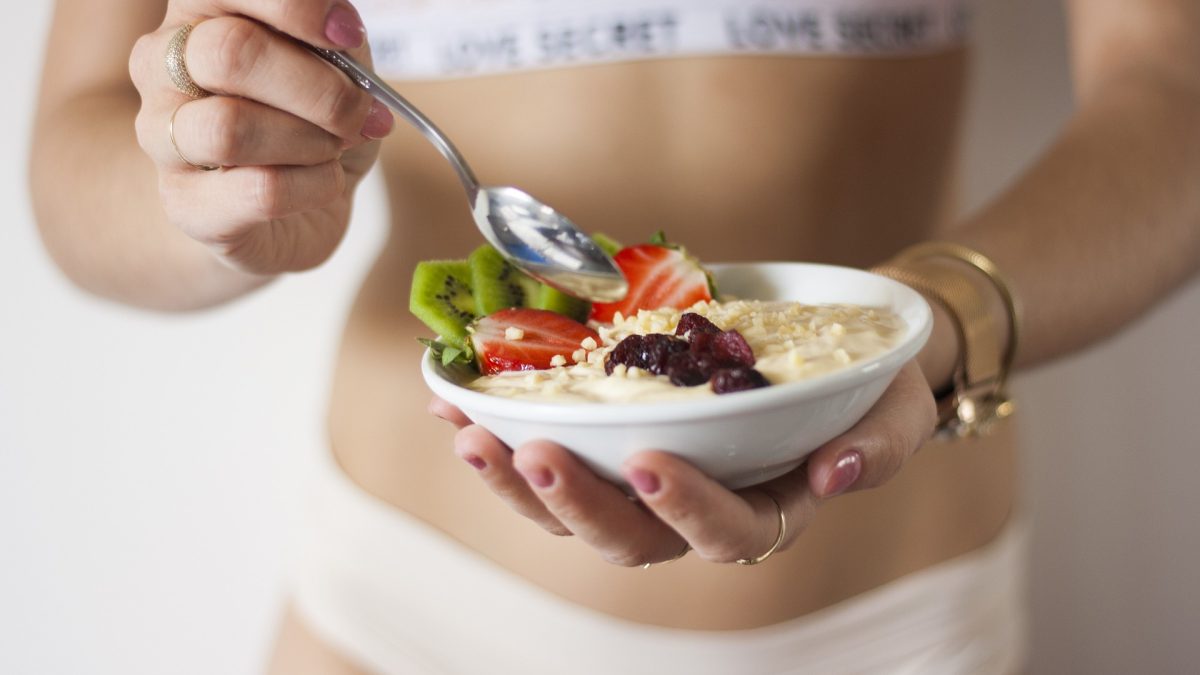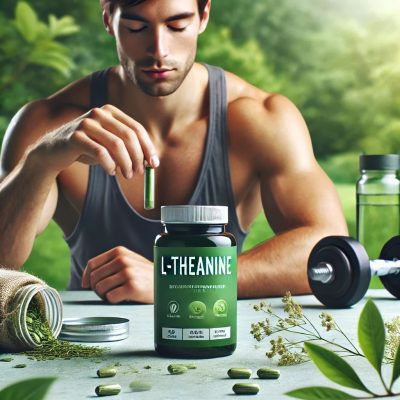
Plant-Based Diets for Athletes: Can You Get Enough Protein?
In recent years, more and more athletes have embraced plant-based diets for health, ethical, and environmental reasons. One of the most common concerns, however, is whether it’s possible to get enough protein to fuel performance and build muscle on a plant-based diet. The good news is that with proper planning, plant-based diets can absolutely provide enough protein to support athletic goals—whether it’s strength training, endurance, or overall fitness.
In this post, we’ll explore how athletes can meet their protein needs on a plant-based diet, the best sources of plant-based protein, and tips for optimizing performance and recovery.
1. The Importance of Protein for Athletes
Protein is essential for athletes for a variety of reasons:
- Muscle repair and growth: After exercise, your muscles need protein to repair and grow stronger.
- Recovery: Protein helps speed up recovery by rebuilding muscle fibers damaged during training.
- Performance: Adequate protein intake supports optimal performance by maintaining muscle mass and strength.
While the recommended protein intake for the average person is around 0.8 grams per kilogram of body weight, athletes generally need more to support their higher activity levels. For those engaging in strength training or endurance sports, the recommendation is around 1.2 to 2.0 grams of protein per kilogram of body weight.
2. Can You Get Enough Protein on a Plant-Based Diet?
Yes, you can absolutely meet your protein needs on a plant-based diet. While plant-based sources of protein may sometimes be less concentrated than animal products, they can still provide all the amino acids your body needs, especially when you include a variety of protein sources in your diet.
Plant-based protein sources fall into two main categories:
- Complete proteins: These contain all nine essential amino acids in sufficient amounts. Examples include quinoa, soy products (like tofu, tempeh, and edamame), buckwheat, and chia seeds.
- Incomplete proteins: These are missing one or more of the essential amino acids but can easily be combined with other plant foods to form a complete protein profile. For example, combining rice and beans or peanut butter and whole grain bread provides all essential amino acids.
The key to getting enough protein on a plant-based diet is to eat a variety of protein-rich foods throughout the day and ensure you’re consuming enough calories to support your training.
3. Best Plant-Based Protein Sources for Athletes
Here are some of the best plant-based protein sources to include in your diet:
- Lentils: Lentils are a protein powerhouse, providing about 18 grams of protein per cooked cup. They’re also rich in fiber and iron, making them a great choice for overall health.
- Chickpeas (Garbanzo Beans): These versatile beans offer about 14.5 grams of protein per cup and can be added to salads, soups, or made into hummus for a protein-packed snack.
- Tofu: Tofu is made from soybeans and contains about 10 grams of protein per half-cup. It’s a complete protein and can be used in a wide range of savory or sweet dishes.
- Tempeh: Like tofu, tempeh is a fermented soy product and has about 21 grams of protein per 100 grams. Its firmer texture makes it great for stir-fries and sandwiches.
- Quinoa: Quinoa is a complete protein, containing all nine essential amino acids. It has about 8 grams of protein per cooked cup and can be used as a base for salads or as a side dish.
- Seitan: Seitan, or wheat gluten, is one of the highest plant-based protein sources, with about 25 grams of protein per 100 grams. It has a chewy texture similar to meat, making it a popular substitute in many vegan dishes.
- Edamame: Young green soybeans, edamame, provide 17 grams of protein per cooked cup and can be eaten as a snack or added to salads and stir-fries.
- Nuts and Seeds: Almonds, chia seeds, hemp seeds, and pumpkin seeds are all high in protein and healthy fats. Hemp seeds, for example, contain about 10 grams of protein per 3 tablespoons.
- Pea Protein: Pea protein powder is a popular plant-based supplement that can be added to smoothies or recipes for an extra protein boost, with about 15-20 grams of protein per scoop.
4. Tips for Optimizing Protein on a Plant-Based Diet
To make sure you’re getting enough protein and nutrients on a plant-based diet, follow these tips:
- Eat a variety of protein sources: Since many plant-based proteins are incomplete, aim to eat a variety of protein-rich foods throughout the day. This ensures that you get all the essential amino acids your body needs.
- Incorporate protein with every meal: Make sure you’re including a source of protein with each meal and snack. Add beans to your salads, top oatmeal with seeds or nuts, and blend protein powder into your post-workout smoothies.
- Watch your calorie intake: Plant-based foods can be less calorie-dense than animal products, so you may need to eat slightly larger portions to meet your energy needs, especially if you’re an active athlete.
- Use plant-based protein supplements: If you struggle to meet your protein needs through whole foods alone, plant-based protein powders made from peas, brown rice, or hemp can be helpful. These can easily be added to shakes or meals.
- Don’t forget about B12: Vitamin B12 is mainly found in animal products, so plant-based athletes should consider taking a B12 supplement to avoid deficiency. Other nutrients to pay attention to include iron, zinc, omega-3 fatty acids, and calcium, which can all be obtained through a balanced plant-based diet or supplements if needed.
5. Common Concerns and Solutions for Plant-Based Athletes
- Not Enough Protein Variety: Many new plant-based eaters find themselves relying on the same few protein sources. To prevent this, try experimenting with different types of beans, lentils, grains, and soy products to diversify your meals.
- Muscle Recovery: Plant-based diets can support muscle recovery just as well as diets containing animal products. Focus on including high-quality protein sources after workouts, such as a smoothie with pea protein powder, almond butter, and berries.
- Energy Levels: Plant-based diets can provide plenty of energy for athletic performance, but it’s essential to eat enough calories, especially from carbohydrates and healthy fats, to sustain your workouts.
6. Conclusion: You Can Thrive as a Plant-Based Athlete
The idea that plant-based diets can’t provide enough protein for athletes is a myth. With careful planning, variety, and attention to nutrient needs, plant-based athletes can meet their protein requirements, build muscle, and perform at their best.
Whether you’re a seasoned athlete or just starting your fitness journey, a plant-based diet can fuel your workouts and recovery while supporting your overall health. Just remember to prioritize protein-rich foods, stay mindful of key nutrients, and enjoy the wide range of delicious plant-based options available to you.
Are you a plant-based athlete? Share your favorite protein-packed meals and tips in the comments below!











